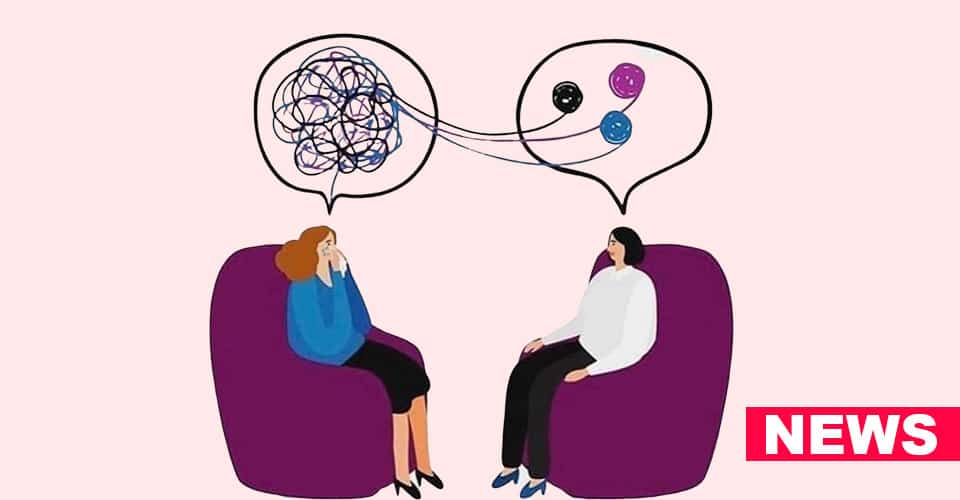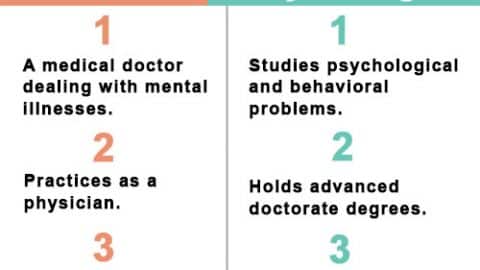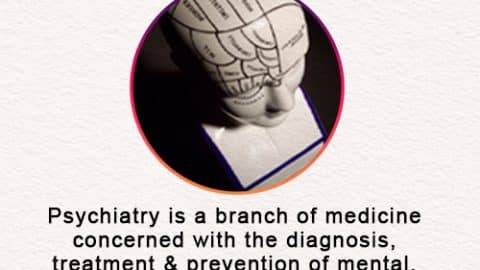In today’s fast-paced world, managing our emotions can be a real challenge. When intense feelings overwhelm us, it can lead to a state known as “emotional flooding,” leaving us feeling helpless and emotionally drained. But fear not, as experts have valuable insights to help us navigate these stormy emotional waters.
Effective Strategies To Handle Emotional Flooding
Psychologist Dr. Emily Carter specializes in emotional well-being and offers three powerful strategies to overcome emotional flooding. In this comprehensive report, we delve into these techniques and explore how they can transform the way we handle our emotions.
Strategy 1: Self-Awareness and Mindfulness
Dr. Carter emphasizes the importance of self-awareness and mindfulness as the first line of defense against emotional flooding. She explains that emotional flooding often occurs when we react to our emotions rather than respond to them. Mindfulness helps us become aware of our emotions without judgment.
“Mindfulness allows us to observe our emotions from a distance, like watching clouds pass by in the sky,” Dr. Carter explains. “It helps us detach from our feelings, giving us the clarity to respond thoughtfully instead of reacting impulsively.”
The report delves into practical tips for developing mindfulness, such as meditation, deep breathing exercises, and journaling. Dr. Carter also explores how regular mindfulness practice can rewire our brain, making it easier to navigate intense emotions without feeling overwhelmed.
Strategy 2: Emotional Regulation Techniques
Emotional regulation techniques play a crucial role in managing emotional flooding. Dr. Carter outlines a variety of tools that individuals can use to regain control over their emotions when they start to feel flooded.
The report explores techniques such as:
- Breathing Exercises: Dr. Carter describes specific breathing exercises that can calm the nervous system, reduce anxiety, and help individuals regain emotional equilibrium.
- Grounding Techniques: Grounding exercises help anchor individuals in the present moment. Dr. Carter provides step-by-step instructions on how to use these techniques effectively.
- Cognitive Behavioral Strategies: Understanding the connection between thoughts, emotions, and behaviors is key to emotional regulation. The report delves into how cognitive behavioral therapy (CBT) techniques can help individuals reframe their thoughts and manage their emotions more effectively.
- Progressive Muscle Relaxation: This relaxation technique can help reduce muscle tension and alleviate the physical symptoms of emotional flooding.
Strategy 3: Building Resilience
The final strategy in Dr. Carter’s arsenal is focused on building emotional resilience. Resilience allows individuals to bounce back from emotional flooding and adverse situations with greater strength and fortitude.
The report explores various aspects of resilience-building, including:
- Social Support Networks: Dr. Carter highlights the importance of nurturing strong social support networks. These connections can provide invaluable emotional support during times of flooding.
- Positive Psychology: The report delves into the principles of positive psychology, which emphasize focusing on strengths, gratitude, and positive experiences. Dr. Carter explains how cultivating a positive mindset can enhance emotional resilience.
- Self-Compassion: Learning to treat oneself with kindness and self-compassion is a vital component of resilience. Dr. Carter provides insights into how self-compassion practices can help individuals weather emotional storms.
- Adaptive Coping Strategies: Resilience is not about avoiding difficult emotions but learning how to cope with them effectively. Dr. Carter discusses adaptive coping strategies that can help individuals grow stronger through adversity.
Throughout the report, Dr. Carter shares real-life stories and case studies that illustrate how these strategies have transformed the lives of her clients.
By implementing these techniques, individuals can gain a better understanding of their emotions, learn to regulate them effectively, and ultimately build emotional resilience.
In conclusion, emotional flooding is a common experience, but it doesn’t have to be overwhelming. With the guidance of experts like Dr. Emily Carter, individuals can learn to navigate their emotions with grace and resilience.
By practicing self-awareness, mindfulness, emotional regulation, and resilience-building, we can transform our emotional landscape and lead happier, more balanced lives.




















